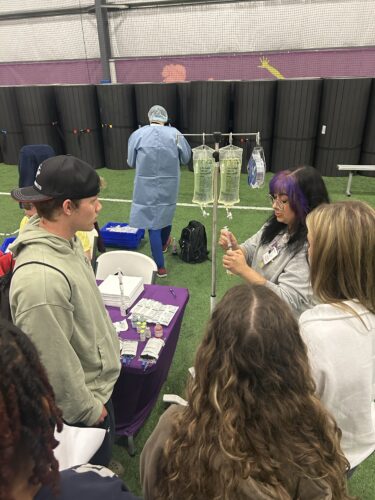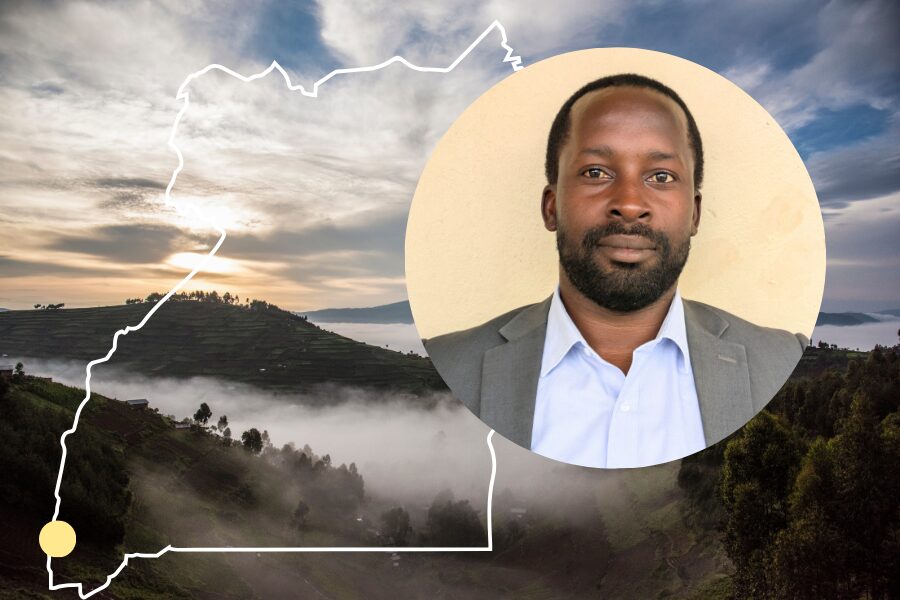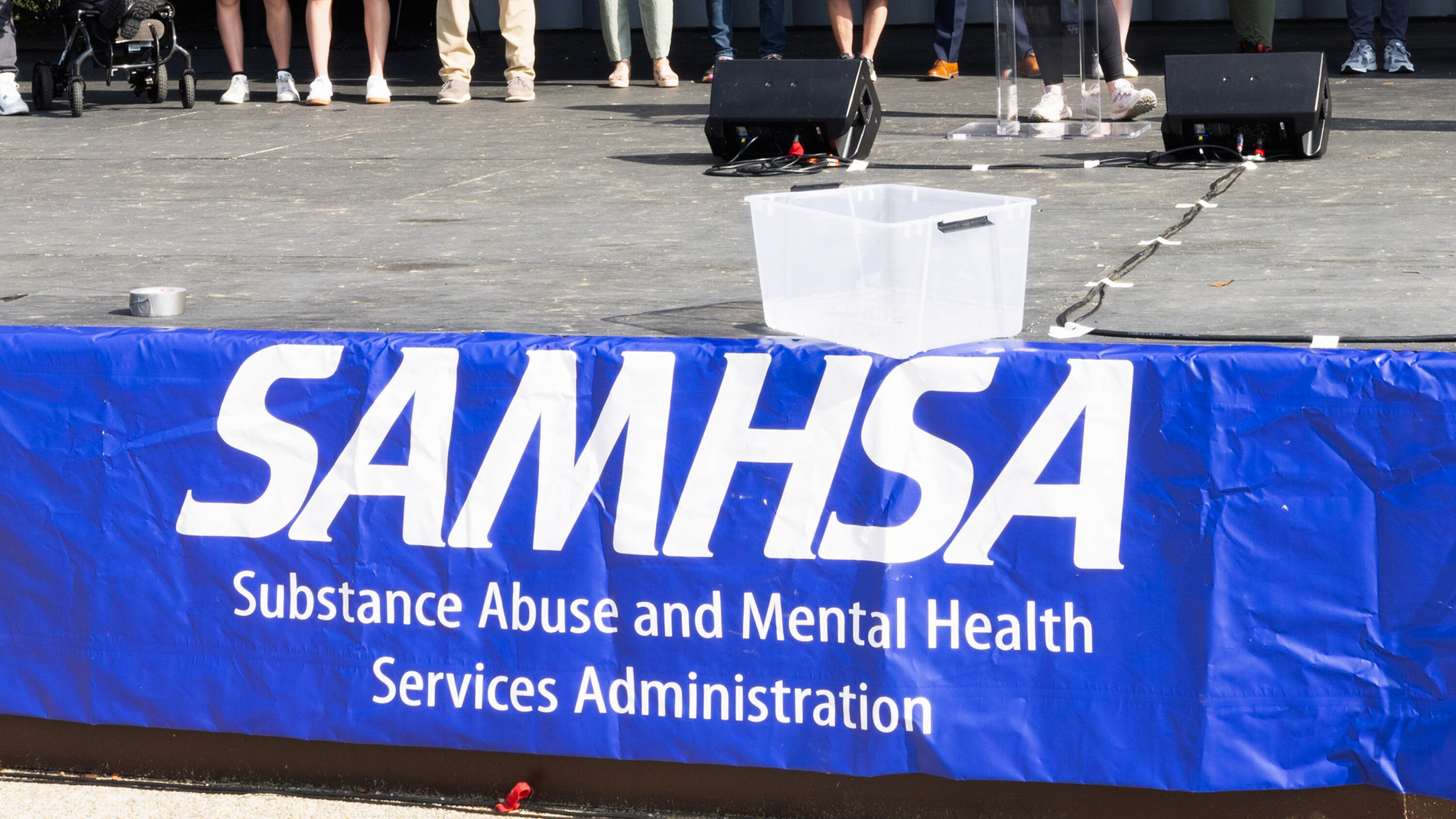Breaking Barriers: Innovative Program Bridges Communication Gap for Mental Health Support

In Prince George's County, Maryland, a groundbreaking mental health initiative is making a significant difference for individuals with intellectual disabilities. This innovative program offers specialized support services designed to address the unique psychological needs of those facing complex cognitive challenges.
By providing targeted mental health resources, the program aims to improve the overall quality of life for participants, ensuring they receive compassionate and comprehensive care. The initiative recognizes that individuals with intellectual disabilities often require tailored mental health support that goes beyond traditional approaches.
Through personalized counseling, therapeutic interventions, and community-based resources, the program helps participants develop coping strategies, enhance emotional well-being, and build stronger connections with their support networks. This holistic approach demonstrates the county's commitment to supporting some of its most vulnerable residents.








